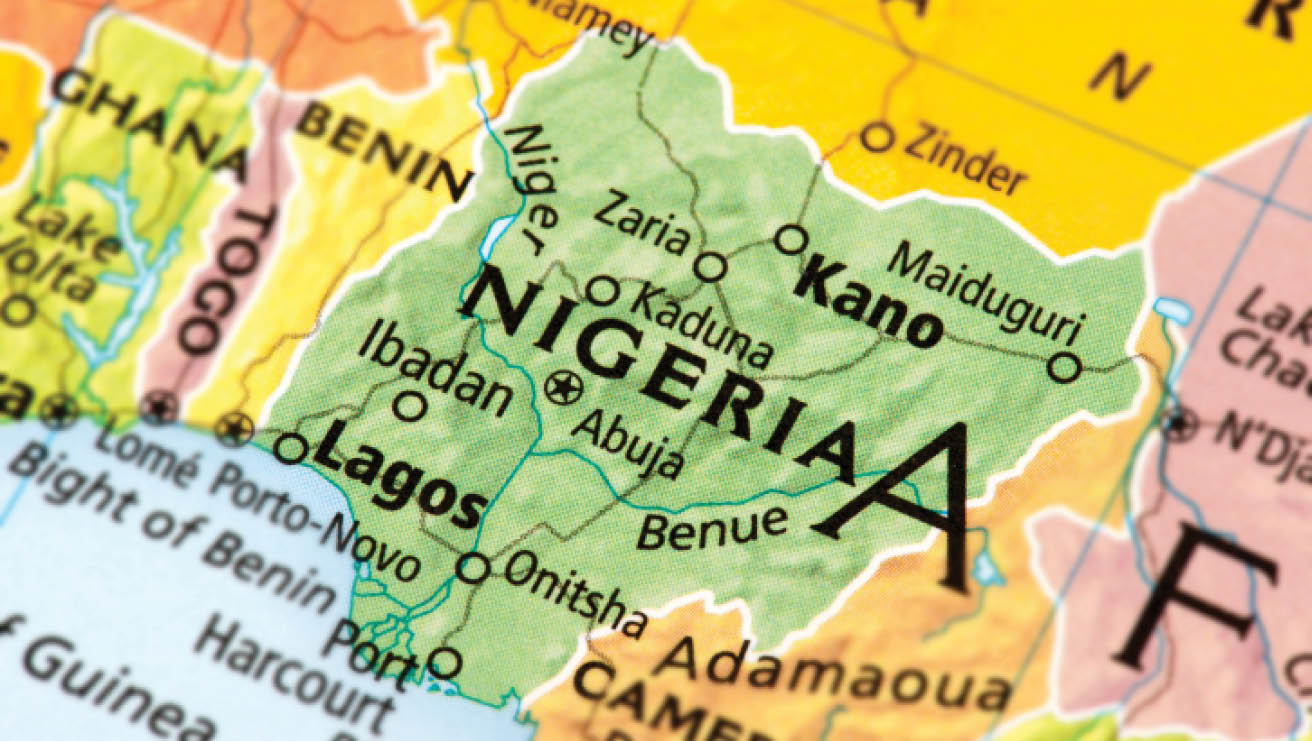Living in Nigeria, some will say, surviving in it, can be a difficult prospect all by itself. Just driving in the traffic, or going to the hospital, or market, or the bank, or just about anywhere else can leave you so worked up for the rest of the day, because of how other Nigerians will behave towards you, or indeed, how you will behave towards them. After all, there is a bit of Nigerian-ness, whatever it may mean and however it may manifest, in all of us.
But staying home is not necessarily better. When I lived in England, I would often stay indoors for days, reading, writing and following the news around the world, with little or no bother about the rest of the world. But here, that is a luxury few could afford. The lights would for sure go off, and leave your blood frozen. You and your neighbours will put on their generating sets, polluting the whole neighbourhood with noise. The internet will go off or slow down, making any kind of intellectual productivity nearly impossible.
And then of course, following the news about Nigeria is just as depressing as living in it. Before you have time to grasp your mind around the current event, something just as important, or just as crude or crazy has already happened somewhere else. Perhaps, it is like that everywhere else. Perhaps it is because our society is less ordered and less predictable. Perhaps it is just how things and will forever be.
For the writer and public commentator, however, this rapid pace of events presents a huge challenge. You want to write about a hundred different things, each of them as important, or at least as peculiarly Nigerian, as the next. But writing, as is often said, is thinking through the fingers, and thinking, in turn, takes time, if it is to be done seriously. This means that settling for one issue or another to write about each week is not easy, but we must continue to try.
- Minimum wage: Labour, FG sign MoU on salaries adjustments
- What Nigeria can learn from Namibia’s emerging oil and gas industry?
“I came to work not look for money” – Tinubu
Last Friday, President Bola Ahmed Tinubu told Nigerians that “I didn’t come to look for money and exploit the situation; I came to work. I asked for the votes, and Nigerians gave them to me”. The president said this during a meeting with the Forum of Former Presiding Officers of the National Assembly, led by former Senate President Ken Nnamani, at the State House in Abuja.
President Tinubu must have been aware that he is addressing one of the thorniest concerns in Nigerian governance at the moment: that is, whether the president’s policies overall or in particular sectors are designed to benefit him, his family and their businesses directly and personally, or whether they are doing so.
These concerns have been raised skeletally in the past few months by as varied a source as former Vice President Atiku Abubakar. Newspapers and satirist skit makers on social media, among others, and include at least three areas of the President’s policies, from the Lagos-Calabar Highway project to NNPC Retail. Perhaps, this is why the president felt he needed to address the issue. And as his newspaper, The Nation, reported the story in its lead sentence, “President Bola Ahmed Tinubu has reassured Nigerians that his Presidency is driven by a desire to serve, not accumulate wealth”.
Yet, this “reassurance” raises the serious question of why it is even necessary in the first place. Why does the president need to tell Nigerians that he is not in office for money but to work?
These are the sort of reassurances people give when they are candidates for office, not when they are already on the job. Few raised those concerns about the President during the campaigns, but they are now growing. The President’s statement has done more to admit that the concerns are not flippant after all, but does not go far enough in addressing them. Tinubu must clear those concerns substantively or they will linger for very long.
Maiduguri floods and resignation as governance practice
For many Nigerians in Maiduguri and environs ravaged by flood in the week before last, life will never be the same again. So far, 30 people reportedly died, 400,000 have been displaced in some 30 different camps, and some one million Nigerians have been affected overall, according to ReliefWeb, perhaps the most authoritative source for data on humanitarian crises.
For days, large parts of Maiduguri were submerged in flooding water, with thousands of residents reportedly cut off and stranded for food, water, medicines and sanitation. Thousands of buildings, vehicles and other properties were reportedly destroyed, in a state still reeling from the gruesome after-effects of a decade-long insurgency.
Yet, the men whose negligence directly led to this human disaster remain in office, as the floods were not a natural disaster or effects of climate change; at least not in the immediate sense. They were caused by the burst of Alau Dam, only about 15 kilometres away from Maiduguri city.
Only a week before the flooding, media across the country reported the Borno State government assuring—this word again—the country and residents of the city that all was well and there is nothing to worry about. In reality, all was not well and the dam burst open, leaving Maiduguri, and the country where we are now.
At the head of the “high-powered delegation” the Borno State Governor, Professor Babagana Umara Zulum, had sent to examine the dam was the Secretary to Borno State Government, Alhaji Bukar Tijani, himself a scientist and former Minister of State for Agriculture and Rural Development. Other members of the delegation included Engr Baba Bukar Gujibawu, SA to the Governor on Monitoring and Evaluation, Engr Adam Bababe, Executive Secretary, Borno Geographic Information Service, Engr Sadu Auno, Executive Secretary, Borno State Road Maintenance Agency and the Director General of the State Emergency Management Agency (SEMA), Dr Mohammed Saidu Barkindo. And at the dam site, they were met by Engr Mohammed Zannah, the acting Managing Director of Chad Basin Development Authority (CBDA), a federal agency with responsibility over the dam.
Following site inspection, the SSG told reporters that “There have been a lot of worries as well as speculations that the whole dam has broken down, but the dam has not broken down. We have been to Alau Dam on behalf of His Excellency, Professor Babagana Umara Zulum, Executive Governor of Borno State. Borno State Government is partnering very strongly with the managers of Alau Dam. We have discussed and seen what to do, but the rumour of Maiduguri being flooded is not there,” he had assured the residents.
But my question, given what happened just a week later, how come at least three of these men—the Borno SSG, the SEMA DG, and Chad Basin Acting Director – are all still in their posts? They should have resigned immediately on their own, and certainly should have been sacked by now by their respective principals. Resignation, and its senior cousin, the sack, are important mechanisms of serious governance, the world over. That all three officials still remain in post is a clear indication that neither personal responsibility nor accountability are important attributes of our governance system. But this time, they must go.

 Join Daily Trust WhatsApp Community For Quick Access To News and Happenings Around You.
Join Daily Trust WhatsApp Community For Quick Access To News and Happenings Around You.


